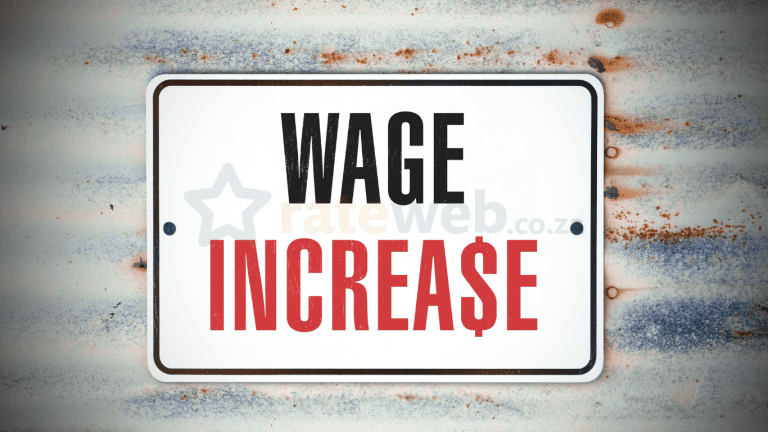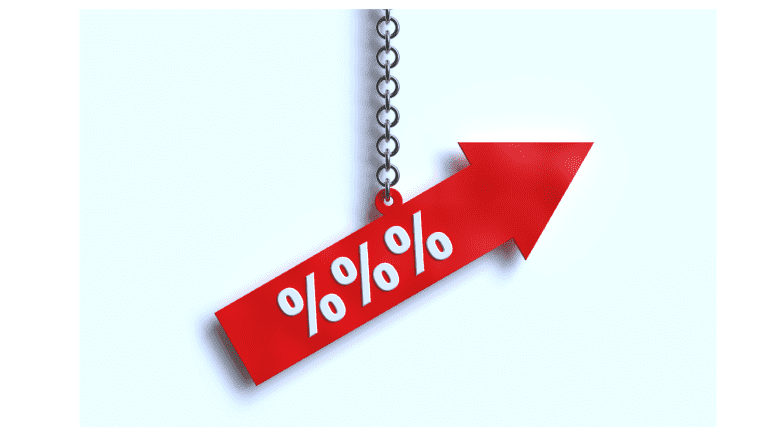- Retail prices for beef in South Africa are expected to drop in the coming months due to reduced consumer demand and slower exports, amid economic pressures.
- Despite the potential decline in meat prices, overall food prices are likely to remain high, primarily due to the depreciating exchange rate and persistent load shedding.
- Key factors influencing future food price inflation include exchange rate dynamics and the extent of load shedding required, with load shedding expected to remain at relatively high levels for the foreseeable future.
In South Africa, retail prices for beef may experience a decline in the coming months as consumer demand softens due to economic pressures. However, unless the South African rand significantly strengthens, food prices, in general, are expected to remain elevated for an extended period.
The Bureau for Food and Agricultural Policy (BFAP) reports that meat prices have been a major contributor to the high food inflation in South Africa. According to Consumer Price Inflation (CPI) data from Stats SA, meat inflation reached 11.4% in February 2023, up from 11.2% in January. This marked the highest annual increase for meat since February 2018 (also 11.4%).
Nevertheless, the BFAP suggests that declining beef carcass prices, due to reduced consumer spending power and slower-than-usual exports, could lead to lower retail prices for meat products in the following months. The broader market performance remains a critical factor in this potential price shift.
Several factors driving food inflation over the past year are not exclusive to South Africa. These include high agricultural commodity prices worldwide and increased energy costs that impact input prices for items such as fuel and fertilizer. Although some of these global factors are easing, as seen in the continued decline of the FAO’s food price index, South Africa’s depreciating exchange rate has counterbalanced much of the worldwide decline. Additionally, persistently high levels of load shedding have introduced substantial costs throughout the agricultural and food value chains.
For instance, poultry prices also rose in February, primarily due to the weaker exchange rate that negated the decline in global markets and the impact of load shedding on processing capacity.
Unless these costs drop considerably, prices in other food categories could remain high. The BFAP states that key factors influencing food price inflation in the coming months include exchange rate dynamics and the extent of load shedding required. Sharp exchange rate depreciation has already hindered much of the observed decline in world prices from affecting South Africa. Significant appreciation in the coming months could have the opposite effect, potentially easing domestic prices for agricultural commodities.
The rand weakened against the dollar on Tuesday, following strong job numbers from the US on Friday. On Tuesday, the rand stood at R18.38 to the dollar, down from under R18 at the end of March.
Load shedding has already introduced significant costs across the value chain. If maintained at lower levels, this effect could lessen, but the general consensus is that load shedding will likely remain at relatively high levels for the foreseeable future, contributing to the persistence of elevated food prices in South Africa.
The BFAP notes that inflation numbers for March 2023 should moderate somewhat due to the Russian invasion of Ukraine’s impact on base values in March 2022. However, looking forward, increases in administered prices, such as electricity, set to be implemented in April, could further amplify cost pressures and maintain elevated food prices in the months ahead.
































